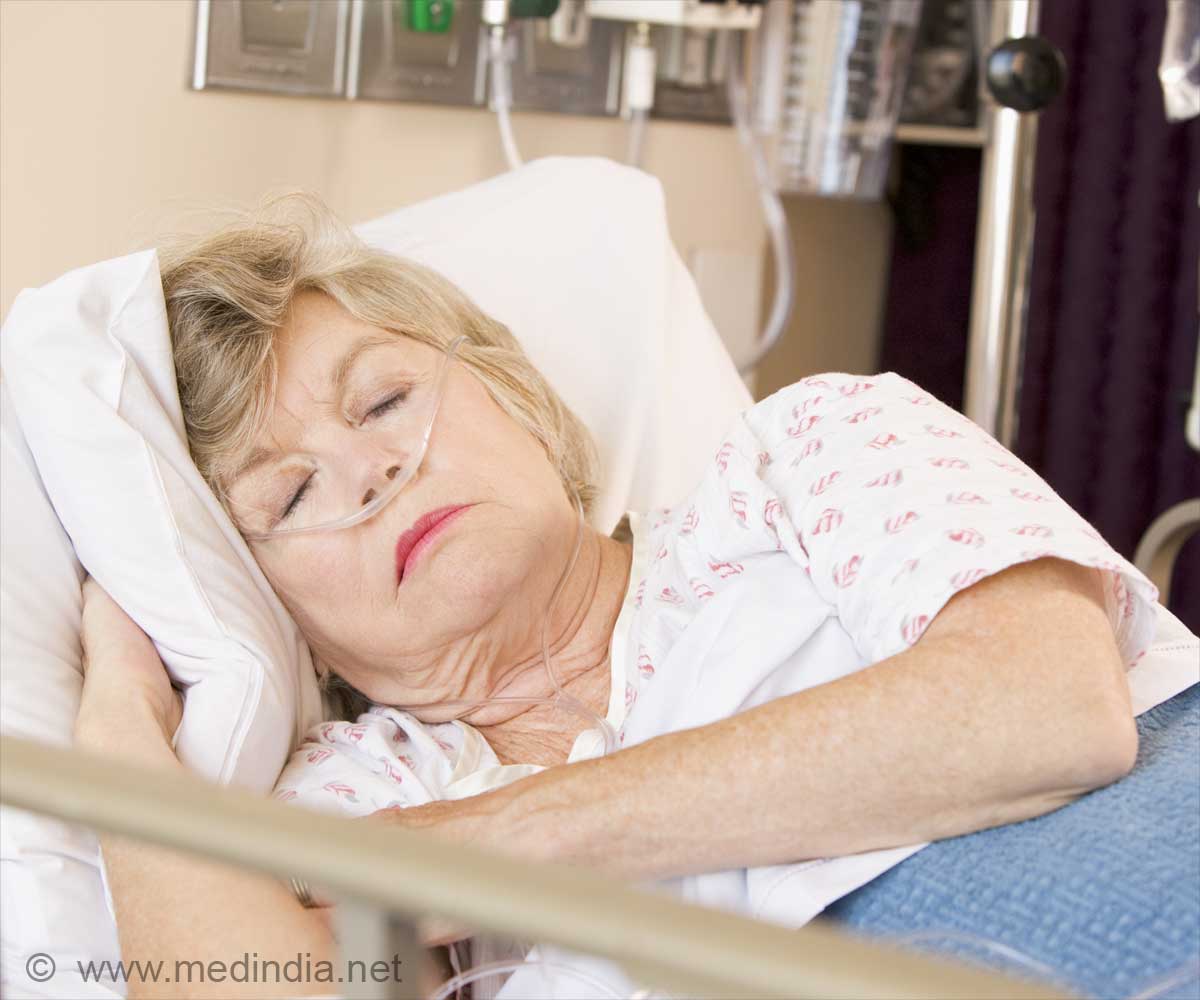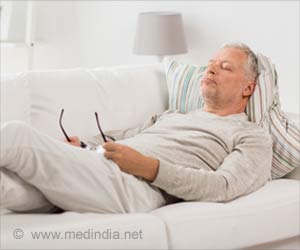Stroke survivors are more likely to experience disrupted sleep patterns, either too much or too little, which can impact recovery and overall health.

- Stroke survivors often face abnormal sleep durations, which may hinder recovery
- Excessive or insufficient sleep is more common post-stroke compared to those without stroke
- Sleep issues should be closely monitored to support better recovery outcomes
Can Having a Stroke Change Your Sleep?
Go to source).
Stroke survivors are 54% more likely to sleep over 8 hours per night. #medindia #strokerecovery #insomnia’
The Importance of Sleep for Recovery
Dr. Sara Hassani from Duke University, who authored the study, emphasized the importance of balanced sleep for brain and heart health. She pointed out that post-stroke patients experiencing abnormal sleep durations—either too long or too short—can face challenges in their recovery. Dr. Hassani suggests screening stroke survivors for sleep issues and helping them establish better sleep routines to enhance their quality of life.The study followed 39,559 people, of which 1,572 had experienced a stroke. Researchers compared the sleep habits of stroke survivors to those who had not suffered a stroke. Sleep was categorized into three groups:
- Short sleep: Less than six hours per night
- Normal sleep: Six to eight hours per night
- Long sleep: More than eight hours per night
- Ages 18-44: 32% of stroke survivors had normal sleep compared to 54% of those without stroke.
- Ages 45-64: 47% of stroke survivors reported normal sleep compared to 55% of non-stroke participants.
- Over age 65: 45% of stroke survivors had normal sleep versus 54% of non-stroke individuals.
Stroke’s Influence on Sleep Duration
When analyzing sleep length, stroke survivors were significantly more likely to experience abnormal sleep durations. Adjusting for other influencing factors like age, weight, and blood pressure, the study found:- Stroke survivors were 54% more likely to sleep longer than eight hours per night.
- Stroke survivors were 50% more likely to sleep less than six hours per night.
Possible Explanations for Sleep Disruptions
Sleep abnormalities in stroke patients may be linked to various underlying causes. Previous studies have shown that stroke survivors often experience conditions such as sleep apnea, insomnia, and excessive daytime sleepiness. These issues may stem from the stroke itself or result from other indirect factors. Dr. Hassani also noted that further research is needed to understand the full relationship between stroke and sleep patterns and their impact on recovery.One limitation of the study was that the participants self-reported their sleep durations. This may introduce some inaccuracies, as people may not accurately recall how much sleep they actually received.
The study sheds light on the significant impact stroke can have on sleep patterns. Abnormal sleep durations, whether too short or too long, can complicate the recovery process for stroke survivors. As researchers continue to explore the links between stroke and sleep, it remains clear that proper sleep management is essential for improving outcomes and quality of life for stroke patients.
Reference:
- Can Having a Stroke Change Your Sleep? - (https://www.aan.com/PressRoom/Home/PressRelease/5197)
Source-Medindia















